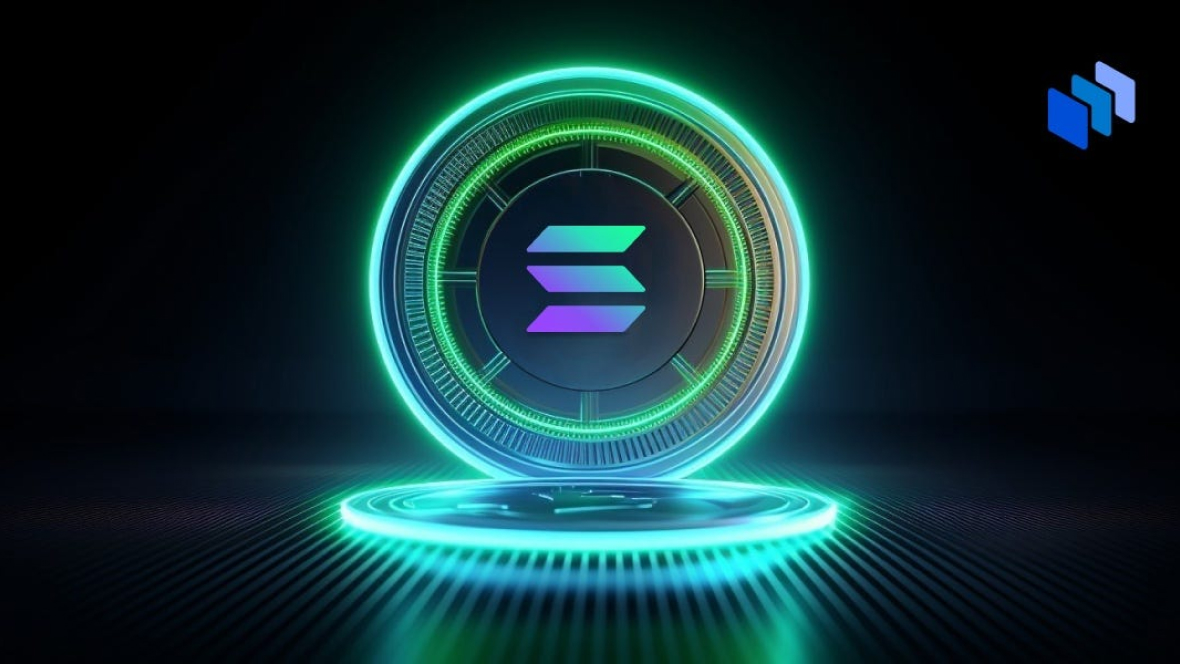Aug 25th 2024
The Role of Decentralization in Blockchain: How Validators Like Solsonic X Keep the Solana Network Secure and Fair
Decentralization is a cornerstone of blockchain technology, representing a shift away from centralized control and towards a more democratic and resilient system. At its core, decentralization is about distributing power and decision-making across a network, ensuring that no single entity can dominate or manipulate the system. In the context of blockchain, this principle is not only foundational but also essential for the security and fairness of the network. Solana, one of the most innovative blockchain platforms, has embraced decentralization, with validators like Solsonic X playing a crucial role in maintaining the integrity and balance of the network.
Understanding Decentralization in Blockchain
Decentralization is what makes blockchain technology revolutionary. Unlike traditional systems where power is centralized in a single authority, blockchain operates on a distributed ledger, where control is shared among all participants. This means that decisions about the network's operation are made collectively, ensuring a more democratic process. Decentralization prevents the concentration of power, which is often a source of corruption and inefficiency in centralized systems.
In a decentralized network like Solana, validators are the key players. They are responsible for verifying transactions, maintaining the ledger, and ensuring that the network operates smoothly. Each validator has a stake in the network, which aligns their interests with the health and security of the system. The more decentralized the network, the harder it becomes for any single entity to gain control, which is vital for preventing attacks and ensuring the network's resilience.
However, decentralization is not just about security; it also promotes fairness. By distributing power across many participants, blockchain ensures that no single entity can dictate the rules or unfairly benefit from the system. This is especially important in financial applications, where fairness and transparency are crucial for maintaining trust. Validators like Solsonic X are at the forefront of this decentralized movement, helping to create a more equitable and secure blockchain environment.
The Security Benefits of Decentralization
One of the primary advantages of decentralization in blockchain is enhanced security. In centralized systems, a single point of failure can be catastrophic. If a central authority is compromised, the entire system is at risk. Decentralization mitigates this risk by spreading control across many nodes, making it much more difficult for an attacker to compromise the network.
In the Solana network, validators like Solsonic X are instrumental in this security model. By distributing the validation process among multiple independent entities, Solana reduces the risk of a successful attack. Even if one validator is compromised, the network as a whole remains secure because the majority of validators would continue to operate normally. This collective approach to security is what makes decentralized networks like Solana so robust.
Moreover, decentralization also provides a check against malicious behavior. Validators are incentivized to act in the best interest of the network because their stake—and their reputation—is on the line. If a validator attempts to act dishonestly, they risk losing their stake and being penalized by the network. This economic incentive ensures that validators remain honest and trustworthy, further enhancing the security of the network.
Promoting Fairness Through Decentralization
Decentralization is not just about security; it also ensures that the network operates fairly. In traditional, centralized systems, those in control often have the power to manipulate the system to their advantage, leading to inequality and unfair practices. Blockchain’s decentralized nature counters this by ensuring that power is distributed evenly among participants.
In Solana, validators like Solsonic X play a critical role in maintaining this fairness. Each validator has an equal opportunity to participate in the network, regardless of their size or influence. This equality is essential for creating a level playing field, where all participants have a fair chance of earning rewards and contributing to the network’s success. By preventing the concentration of power, decentralization helps to maintain a fair and transparent system.
Furthermore, decentralization promotes innovation and diversity within the network. With many independent validators contributing to the network, Solana benefits from a wide range of perspectives and ideas. This diversity helps to drive innovation, as validators are constantly looking for ways to improve the network and differentiate themselves from others. In this way, decentralization fosters a dynamic and competitive environment that ultimately benefits all participants.
The Role of Validators in a Decentralized Network
Validators are the backbone of any decentralized network, and their role is especially important in Solana. Validators like Solsonic X are responsible for maintaining the integrity of the network by validating transactions, securing the ledger, and ensuring that the network operates efficiently. Their work is critical to the success of the network and the broader blockchain ecosystem.
In a decentralized network, validators must operate independently and impartially. They must follow the rules of the network and act in the best interest of the community. This requires a high level of technical expertise, as well as a commitment to transparency and honesty. Validators like Solsonic X are held to the highest standards, ensuring that they provide reliable and trustworthy services to the network.
Additionally, validators play a key role in governance. In many blockchain networks, including Solana, validators have a say in important decisions about the network's future. This could include changes to the protocol, updates to the software, or decisions about how to allocate resources. By participating in governance, validators like Solsonic X help to shape the direction of the network and ensure that it remains decentralized and fair. In conclusion, decentralization is a fundamental principle of blockchain technology, providing the security, fairness, and innovation that are essential for a healthy and robust network. Validators like Solsonic X are crucial to maintaining this decentralization, ensuring that Solana remains a secure and equitable platform for all participants. As the blockchain ecosystem continues to evolve, the role of decentralization—and the validators who uphold it—will only become more important.






